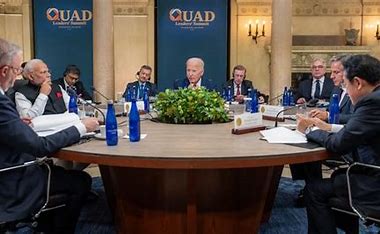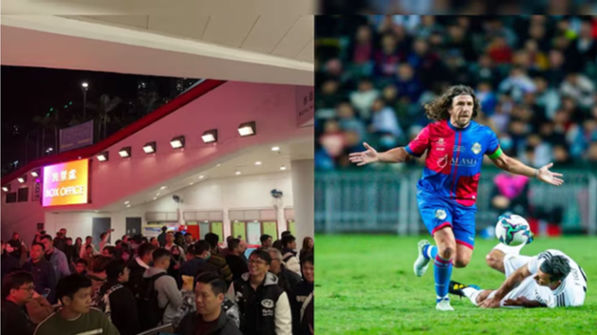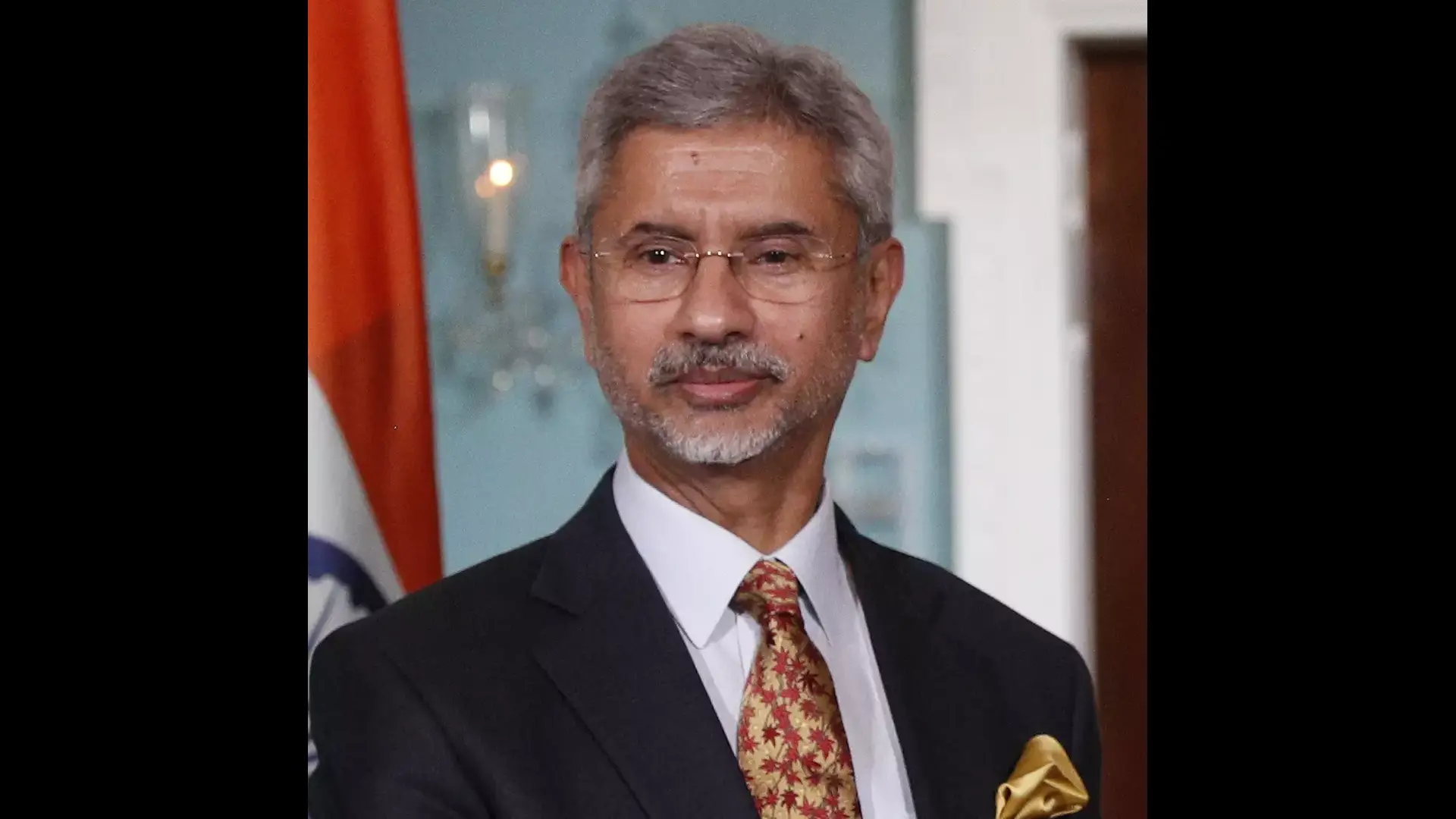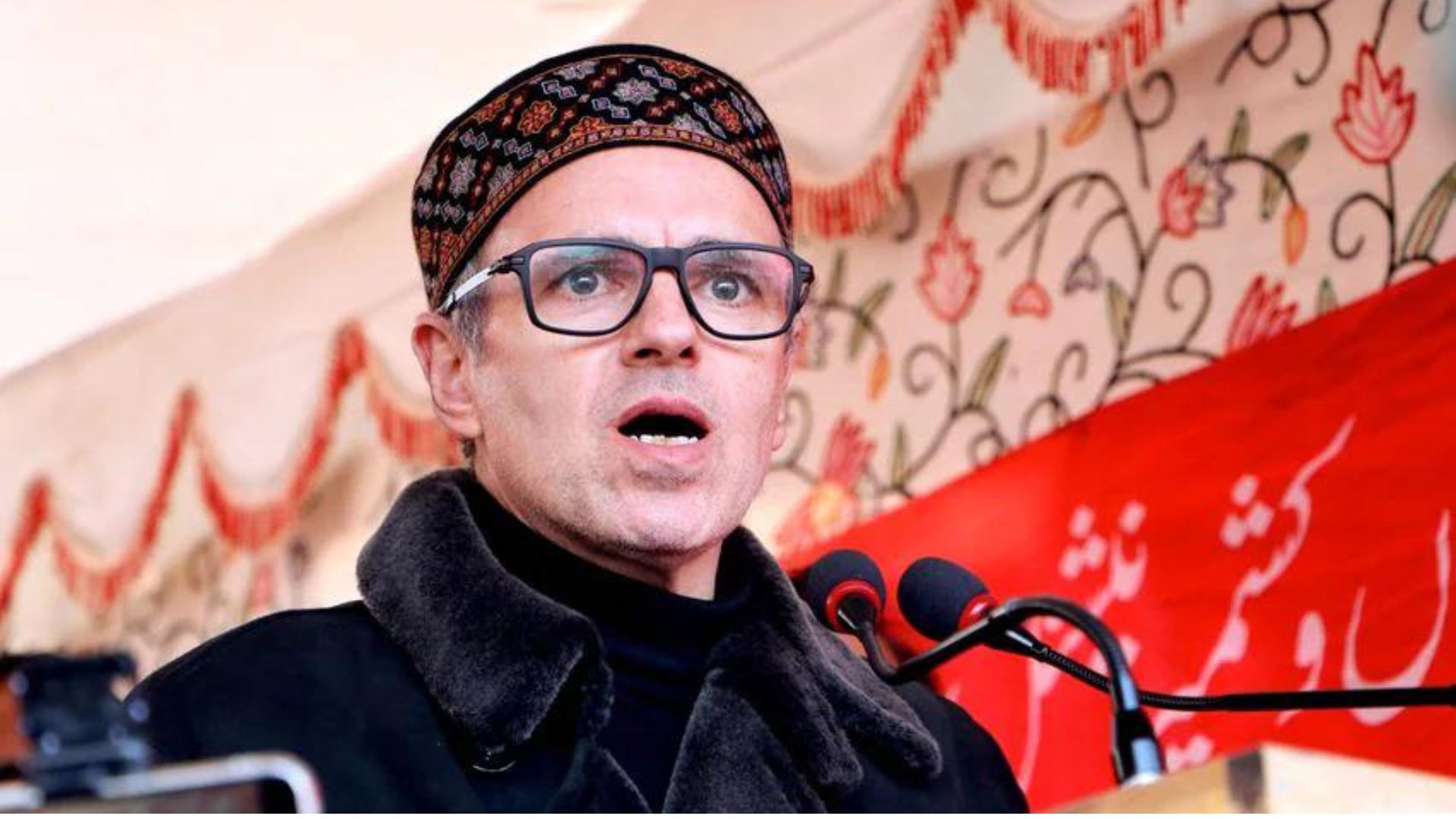This week, Indian Prime Minister, Narendra Modi paid a three-day visit to the US to participate in the Quad Leaders’ Summit. The Summit held in Wilmington on September 21, after which the Indian PM addressed a large gathering of the Indian American community in Long Island, and delivered his significant address at the UN’s ‘Summit of the Future’. Additionally, the PM also took part in bilateral talks with various world leaders and convened a roundtable discussion with chief executives from prominent American technology firms.
The Quad Summit was convened by the US President Joe Biden in Wilmington. The summit also featured the presence of Australian Prime Minister Anthony Albanese and Japanese Prime Minister Fumio Kishida. Modi remarked that the gathering of Quad leaders occurred amid rising global tensions, underscoring the significance of their cooperation for the benefit of all humanity. He emphasized on rules-based international order, respect for national sovereignty, and the peaceful resolution of conflicts in his addresses during this visit. During the summit, President Biden expressed his concerns about China, however the Indian PM clearly stated that they are not against anyone. Through ‘Wilmington Declaration’, the member nations of Quad expressed their commitment towards fulfilment of various prioritised objectives of Quad. Quad has come up with new initiatives ranging from logistics network to starting a ship observer program involving coastguards. The leaders also agreed to increase funding into the development of critical technology and equipment. They also spoke about developing ‘flexible ports’ and starting Quad fellowships for the students and subject experts. India also agreed to host the Quad Summit to be held in 2025. It is significant to note that the next year, India and Japan would complete a decade of their successful strategic partnership. Additionally, the Quad leaders introduced the Quad Cancer Moonshot initiative, a partnership focused on initially tackling cervical cancer within the Indo-Pacific region, with intentions to expand efforts to combat other forms of cancer in the future. Indian PM committed to give USD 7.5 million for this much needed initiative. The leaders also celebrated a pivotal accord to create a new semiconductor manufacturing facility in India, bolstered by the India Semiconductor Mission and a strategic collaboration between India and the US.
India also held its bilateral talks with the leaders present in the US. While Indian PMNarendra Modi and Australian PM Albanese pledged to enhance their bilateral relationship, Indian PM acknowledged the longstanding friendship that exists between India and Australia. India-Japan talks also proved fruitful as the leaders announced bilateral collaboration of India and Japan in areas of infrastructure, semiconductors, defense, and green energy. India -US bilateral talks also involved significant strategic topics and the leaders announced further collaboration in the identified areas ranging from semiconductor industry to science and technology and more.
Indian PM also engaged in discussions with Nepali Prime Minister, covering various topics including matters such as collaboration in hydropower, enhancing people-to-people connections, and improving connectivity between the nations. Additionally, he had his inaugural meeting with Sheikh Sabah Khaled Al-Hamad Al-Mubarak Al-Sabah, the Crown Prince of Kuwait, during which both leaders expressed contentment over the mutual support their countries were providing in terms of energy and food security needs.Indian PM also engaged in discussions with Ukrainian President Zelenskyy, reaffirming India’s dedication to achieving a swift resolution to the conflict with Russia and restoring peace. Modi highlighted India’s steadfast, consistent, and constructive stance advocating for a peaceful resolution of the conflict through diplomatic means and dialogue. Furthermore, he conversed with Armenian Prime Minister Nikol Pashinyan and met with Vietnamese President to strengthen the relationship between India and Vietnam, focusing on areas such as connectivity, trade, and cultural exchange. Indian PM also held a significant meeting with the tech leaders urging them to leverage India’s growth narrative for collaborative efforts and innovation, while addressing advanced fields such as artificial intelligence, quantum computing, biotechnology, information technology, and semiconductor technologies.
While speaking with the NRIs, Indian PM spoke about Indian philosophy that ensures unity within diversity. He spoke about the achievements of the Indian government in past few years and reiterated India’s commitment to become world’s third largest economy while remaining PUSHP (Progressive, Unstoppable, Spiritual, Humanity first, Prosperous). On the final day of his visit to the US, Prime Minister Modi delivered a speech at the UNGA’s‘Summit of the Future’ held in New York. He emphasized the necessity of reforming global institutions to maintain their relevance and highlighted the inclusion of the African Union as a permanent member of the G20 during India’s presidency as a noteworthy advancement in this regard. Modi recognized that terrorism continues to pose a significant threat to international peace and security, while also pointing out the emergence of new conflict areas, including cyberspace, maritime regions, and outer space.
Amid the serious challenges posed by Russia-Ukraine crisis and Israel-Hamas conflict, multilateral efforts seem to be a ray of hope to not only solve these challenges comprehensively but also to ensure collaborated economic progress at global level. There are multi-folded issues to resolve. If Russia started the war, the US is continuously supporting Ukraine however also suggesting Russia and Ukraine to end the war. NATO is strengthened in past few years, but the nations like Britain and Germany are facing the brunt of providing aids to Ukraine. Arms race has intensified,and another theatre of war has opened in the Levant region between Israel and Hamas. With every passing day, more countries are getting involved into this war. Indo-Pacific region is another major challenge where the conflict between China and Taiwan has already been internationalized. With a brand image of a dynamic, balanced, helpful and an inclusive nation, India generates the hope of resolving these global challenges with the support of other likeminded nations through the platforms like Quad. I hope these positive multilateral initiatives will continue to make this world a better place to live!
The author is Professor, School of International Studies, JNU







